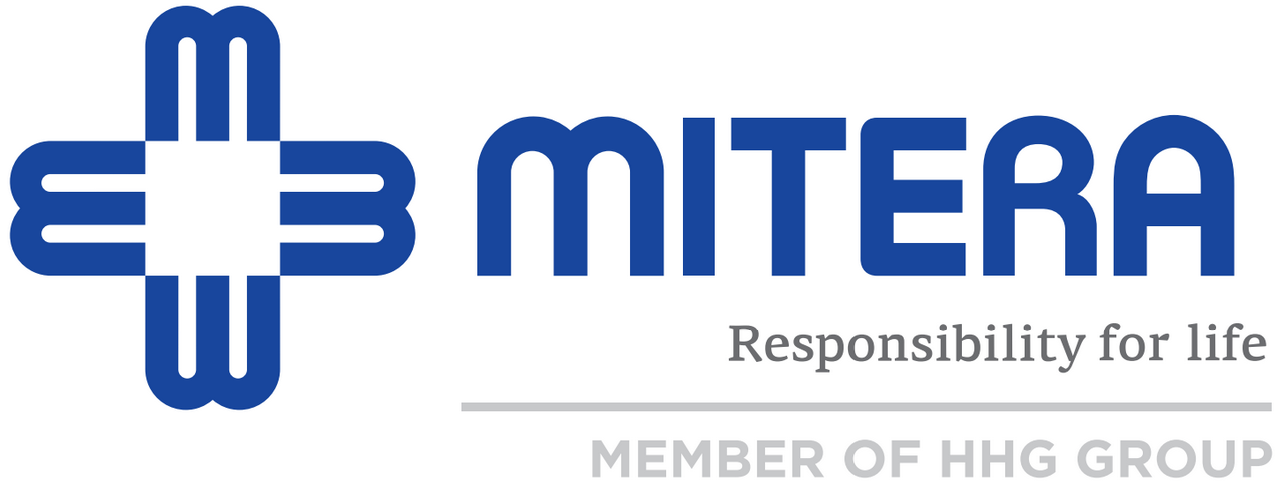MITERA Children’s Hospital: New Pediatric & Adolescent Urinary Incontinence Clinic
With the aim of offering comprehensive and compassionate care to diagnose and treat all childhood urological problems, MITERA Children’s Hospital, a member of HYGEIA Group, has launched a new dedicated Clinic for children and adolescents, the only one of its kind in the Greek private healthcare sector.
The Clinic is part of MITERA Children’s Hospital Pediatric Urology Department and helps children with urinary bladder dysfunctions. These may include the following clinical problems: Daytime urinary incontinence (enuresis), nocturnal enuresis, recurrent urinary tract infections, vesicoureteral reflux, overactive bladder, stress incontinence, neurogenic bladder, which may cause temporary or permanent kidney damage if left untreated.
It is equipped with the most advanced technology for diagnosing and offering specific treatment plan, while its skilled staff offers state-of-the-art care for acquired and congenital problems, continuous training and support to children and their families. A variety of services and resources are available, specialized exams may be performed at the Clinic, including urodynamic tests, which are a set of tests that assess lower urinary tract function. The aim of testing is to reproduce your child’ s voiding patterns to identify any underlying problem.
The Head of the MITERA Children’s Hospital Urinary Incontinence Clinic, pediatric & adolescent urological surgeon Dr. Sotirios Bogris, noted, “One in 4 children aged 4 accidentally wets its bed at night, while after the age of 5-6, only 1 in 10 its affected by this condition. Parents should concentrate on symptoms that reproduce abnormal bladder function, such as sudden urge to urinate, frequent urination and incontinence. Our Clinic is equipped with modern ultra-thin endoscopes, which are even used to perform botulinum toxin BOTOX injections for neurogenic bladder. Our aim is to maintain normal function of the upper urinary tract (kidneys) and, restore the physiologic function of the bladder (continence/control), offering a better quality of life.”


